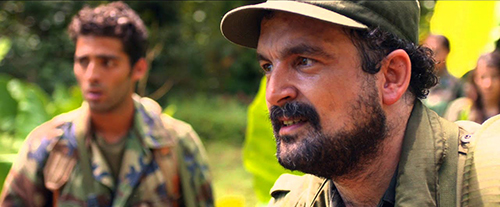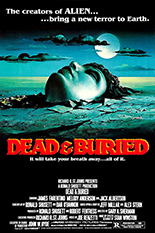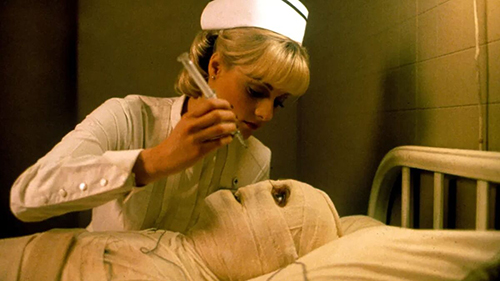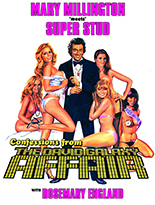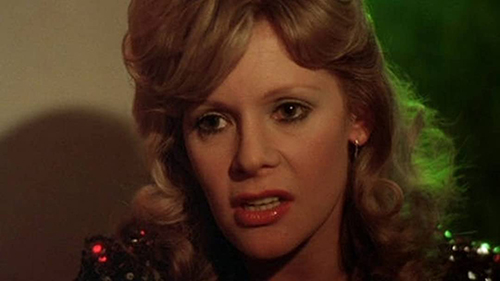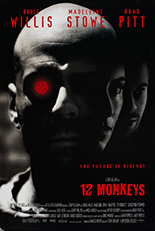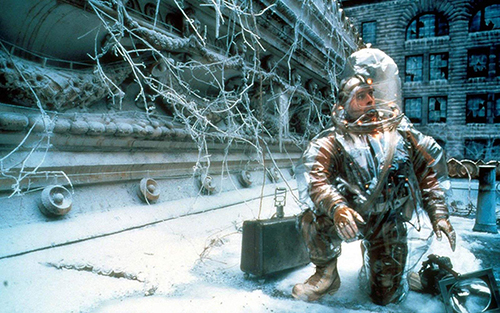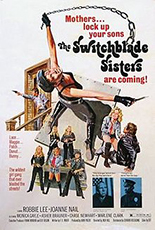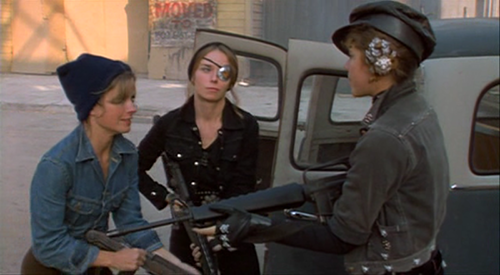
 The Spanish word camino translates to “road” in English, which is a very apt title for this primo action flick, as it travels down many bloody South American streets, all of them barely lit by a flickering streetlight as stuntwoman extraordinaire Zoë Bell tries to make it out of a green inferno with her life.
The Spanish word camino translates to “road” in English, which is a very apt title for this primo action flick, as it travels down many bloody South American streets, all of them barely lit by a flickering streetlight as stuntwoman extraordinaire Zoë Bell tries to make it out of a green inferno with her life.
Bell is prizewinning photojournalist Taggert, who is sent on assignment to follow a group of heavily armed missionaries through the dense jungle. At first glance, the team seems as nice as a group of guerillas possibly can be, with leader Guillermo (Oscar-nominated director Nacho Vigalondo) providing much of the group’s capable bluster as their likably annoying leader.
However, in a drug deal that is witnessed by Taggert — and photographed, no less — Guillermo slits the fucking neck of a small child for fun. Spotted, she goes on the run as the charismatic leader and his soldiers are after her, wherein she unleashes her masterfully choreographed martial arts capability on much of the offending party.
With Camino mixing important social critiques with blistering ass-kicking potential — the best way to get any kid to learn, if you ask me — Bell is at the top of her B-movie game, with a surprising turn from Vigalondo, helmer of films like Timecrimes and Colossal, portraying a truly despicable general who, at times, is kind of likable.
Camino is a road I’d definitely like to travel again, even if it means pulling over to get kicked a couple of times. —Louis Fowler

